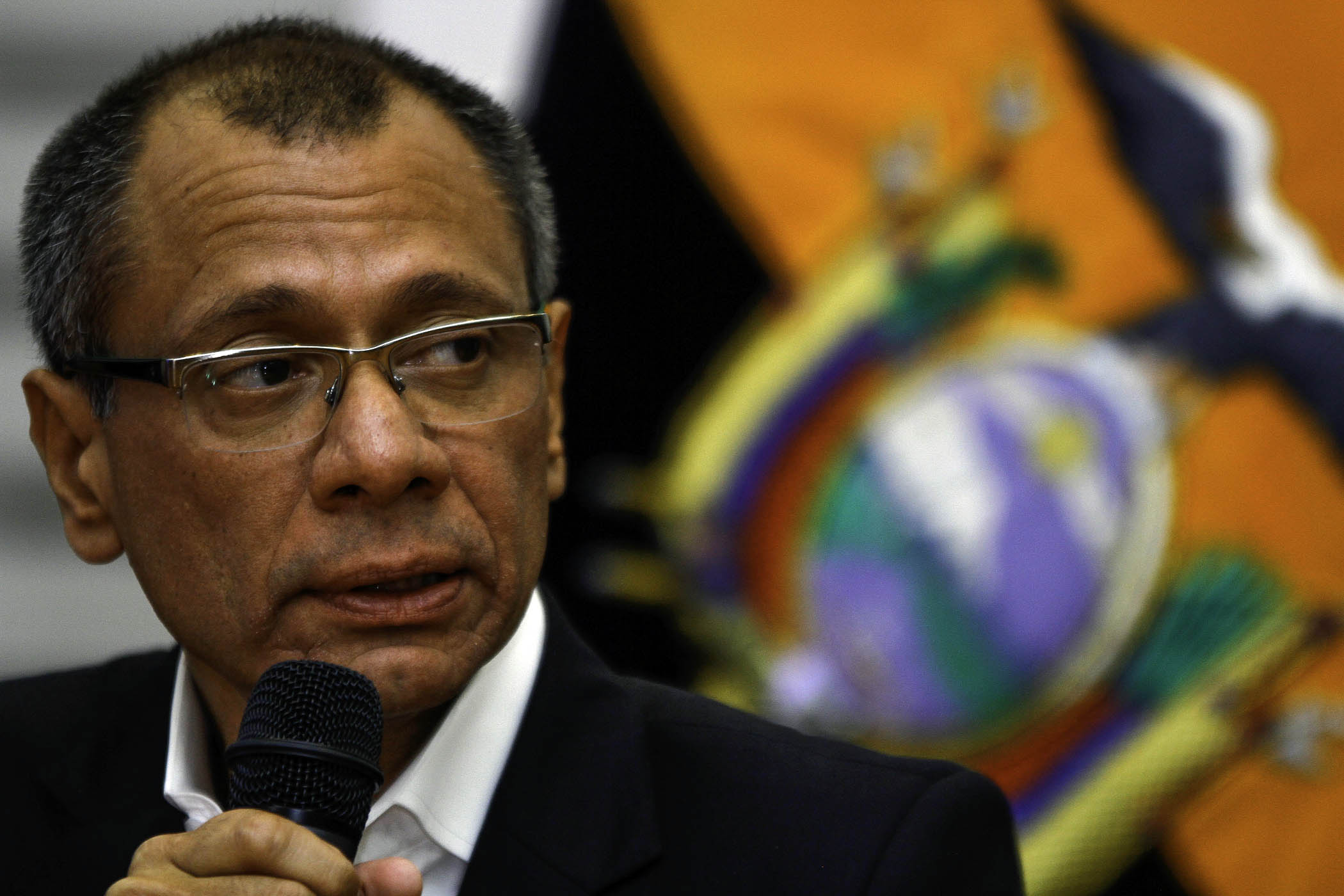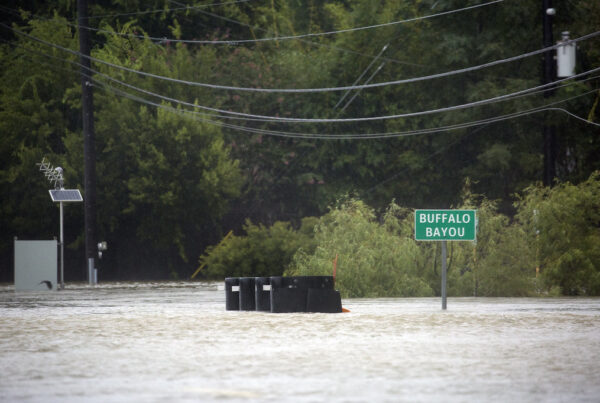Last Friday night, security cameras outside the Mexican Embassy in Quito, Ecuador caught operatives in tactical gear invading a sovereign embassy of the Mexican government. People were seen dragging out former Ecuadorian vice president Jorge Glas, who says he was seeking refuge from political persecution.
Mexico’s president Andrés Manuel López Obrador has since ordered the suspension of diplomatic ties with Ecuador. Yesterday, the U.S. joined other countries in condemning the raid.
Richard Pineda, director of the Sam Donaldson Center for Communication Studies at the University of Texas at El Paso, spoke with Texas Standard about the latest developments and what it means for diplomatic relations. Listen to the interview above or read the transcript below.
This transcript has been edited lightly for clarity:
Texas Standard: On this raid, what’s the backstory here?
Richard Pineda: Well, there’s a couple of things going on.
Ecuador is in the middle of some substantial turbulence inside the country. Most listeners have probably heard some of the stories about the prison riots, a number of things going on, as the previous election is kind of bearing its fruit.
And what ended up happening was one of the vice presidents, a former vice president who’s accused of corruption, sought refuge – which is, of course, a legal standard – claiming asylum at the Mexican Embassy. And from there, the story goes downhill over the last several months with this raid that you spoke about happening on Friday night.
I mean, this is unprecedented in so many ways. Not only is a sovereign country’s embassy space invaded, but it’s created an escalation and a war of words between Mexico, Ecuador and to a certain extent, a number of other countries in Latin America and the United States.
Has Ecuador officially taken responsibility for this raid at the Mexican embassy?
What they have done is essentially said that they were going to do this to prevent the flight of their former vice president. So, in that sense, what I thought was interesting is there’s some shades of the incident in Panama with General Noriega, who had sought asylum in the Vatican embassy back in the ’90s.
So there are some similarities here, but it ends with the fact that, in the Noriega case, he voluntarily gave up. In this case, the Ecuadorian government, fearing tha the vice president was going to somehow sneak out of the country with help of the Mexican government, launched this raid.
And, you know, we’re seeing the video, which is also unprecedented. So you see not only the tactical assault, but you see one of the the embassy employees being pushed to the ground after trying to stop the vehicle. I mean, this is, to a certain extent, a made-for-television moment that has only inflamed an existing war of words between Ecuador and Mexico.
But I wonder if this isn’t bigger than just Mexico and Ecuador. I mean, embassies, under the Vienna Convention, are supposed to be like small sovereign countries in terms of their independence in whatever country in which they are they are based. I mean, we all remember what happened with Iranian revolutionaries, backed by the government there, back in the late 1970s invading the U.S. Embassy. These are seen as acts of war, right?
That’s right. I mean, it’s tantamount to that. I mean, this would be no different if the military of Ecuador landed in Mexico City to take back one of their political figures.
I think that this is going to get complicated for two big reasons. First, you have an election that’s coming up in Ecuador. There’s already been quite a bit of attention paid to the fact that the president now is losing popularity. This could be seen as a move to bolster his support.
You already have the Mexican government responding not only by cutting diplomatic ties, but López Obrador has already started suggesting that there are other powers involved, that there’s no way that Ecuador would act on its own. He’s not naming names, but as we know, our deal with López Obrador is oftentimes kind of like dealing with an unguarded missile.
So there’s going to be a lot of angst and anger and I think that that’s going to bear fruit in these relationships in Latin America. I’m not entirely sure how they get the genie back in the bottle. It will take a tremendous amount of diplomacy, and not just on the part of Ecuador and Mexico, but on external players like the United States.
Well, the stakes seem considerably high. I mean, could this situation devolve into something worse than just a breakdown in ties between these two countries? I mean, you talk about the genie being out of the bottle in this perhaps being more regional in scope.
You know, I’m not entirely sure that we will see an escalation beyond this, but I do think there’s a couple of pieces that in the United States we often forget about, which is regional trade and the role that some of these countries play for each other.
I also think that you’ve got a Mexican election coming. So you’re going to see, I think, a rise in the kind of rhetoric that López Obrador uses.
But at the end of the day, I think that the relationship between these two countries has been substantially damaged. The question becomes, how efficient are either of these leaders to repair that or do they want to repair that? Because, I mean, this does play into, as I said, sets of political constraints in both of their countries.














